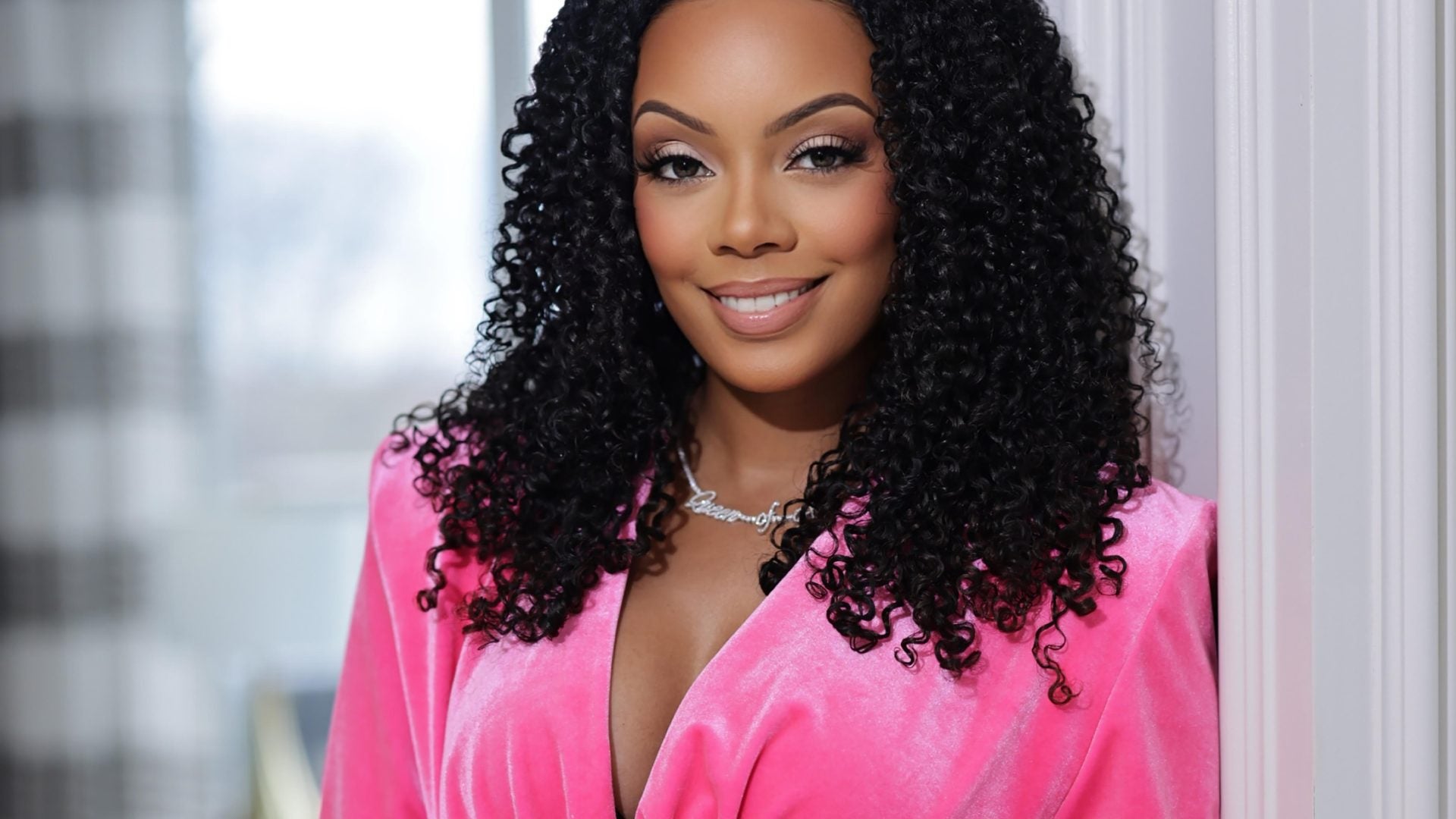
How often have we seen stories about someone from a rural town who loses touch with their roots? Or, in Muncie’s case, the once-dedicated activist who gains popularity, earns occupational success, and becomes estranged from his family and the communities at the center of his work. That isn’t so much a trope as it is a social reality Colman Domingo portrays this exceptionally well through his character Muncie Daniels in Netflix’s new and thrilling series, The Madness.
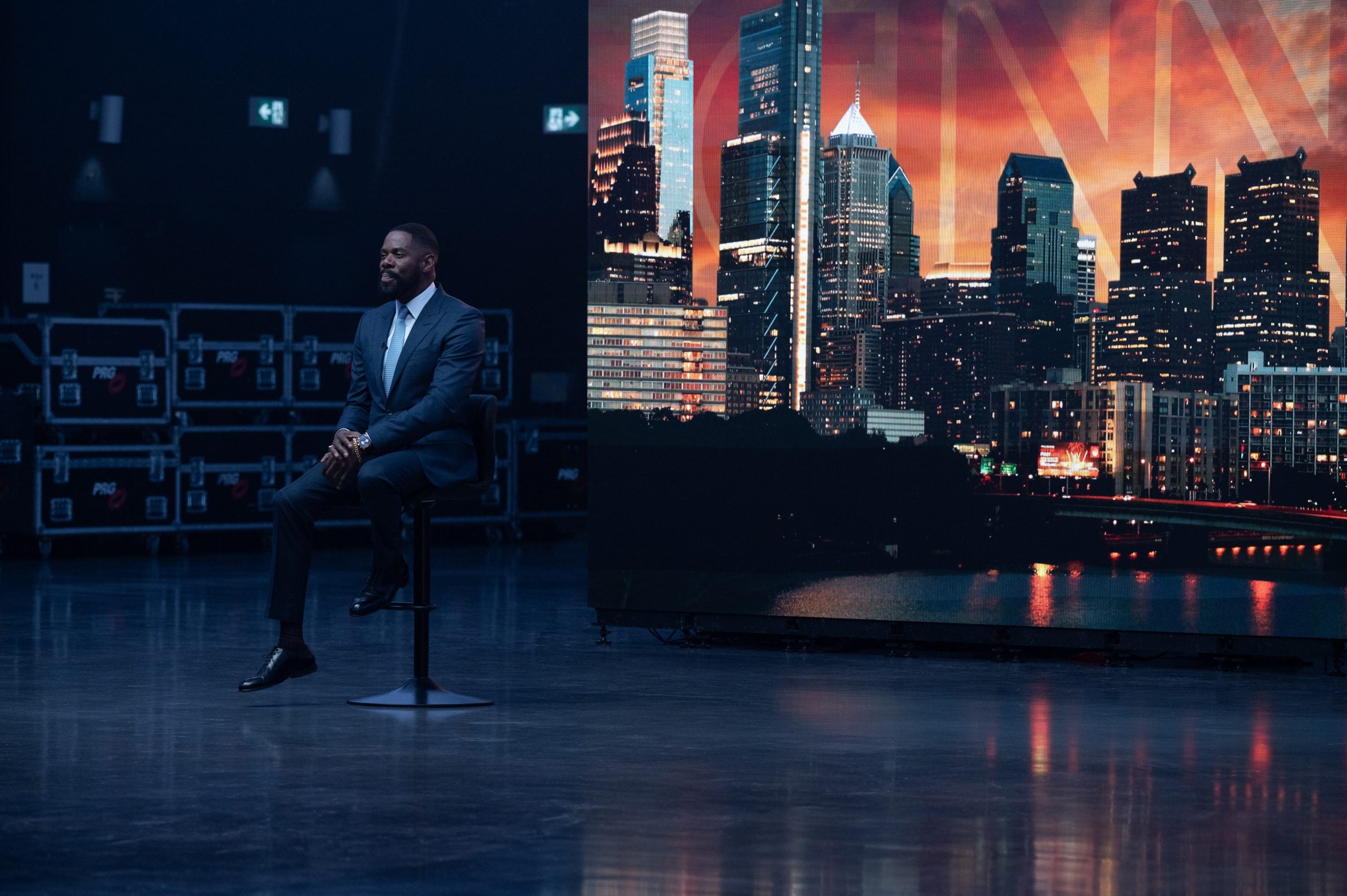
Muncie is a fictional CNN analyst, magazine writer, and University of Pennsylvania professor wrongly accused of a heinous crime. While on the run, fighting for his innocence and finding out the true extent of an unsettling conspiracy, his pursuit of solving the crime he’s tied to is also one of self-resolve, a coming to terms with his identity. This was critical to the lead costume designer behind the series Avery Plewes and her process. “Muncie’s costumes were a major tool for Colman’s character arc,” Plewes shared in an email. She further explains that he uses his closet as armor when we first meet him. As he unravels, so does his closet.
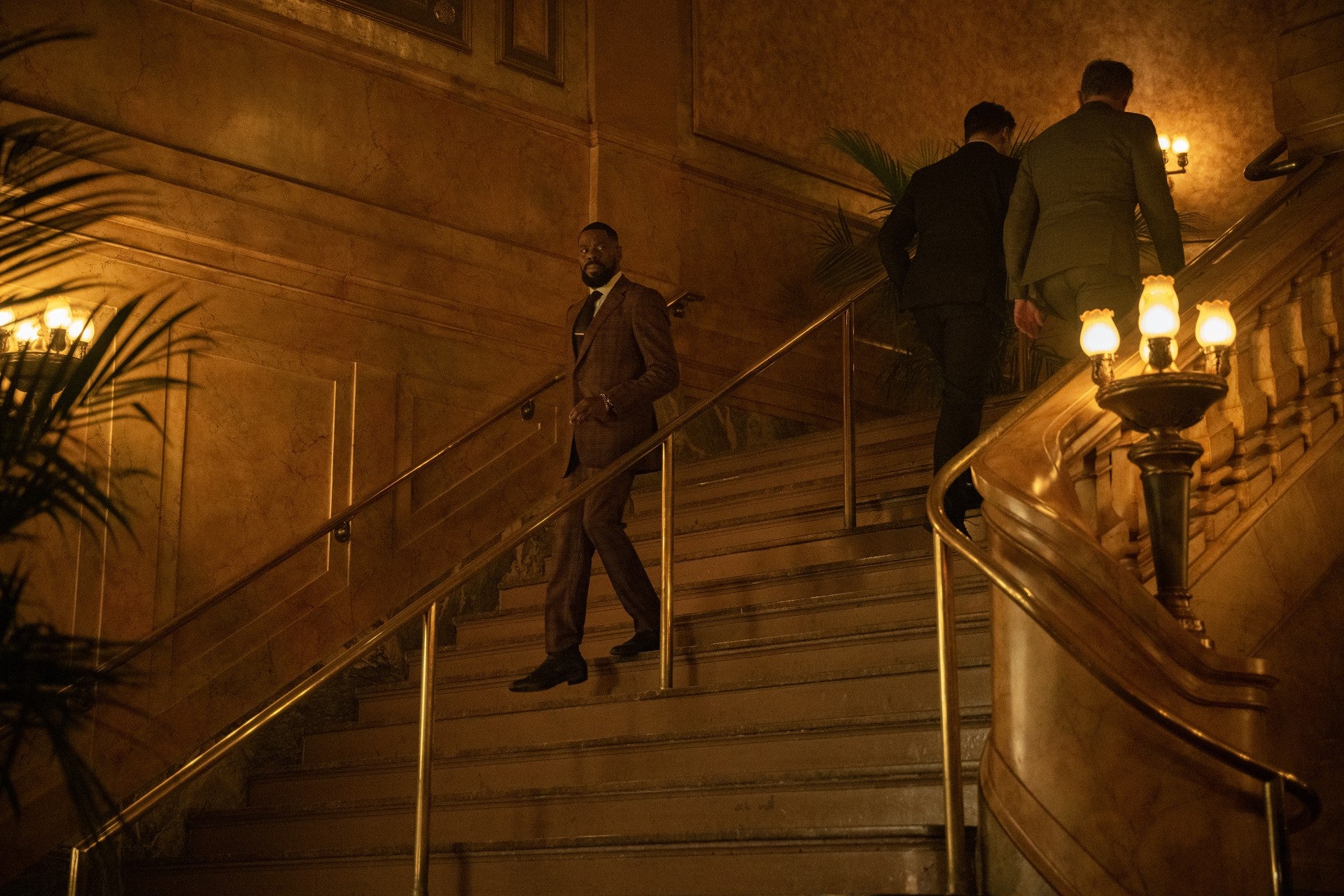
There’s a clever contradiction here. The devolution of the titular character’s clothes marks the kind of resolution he previously sought. But even when he’s shifting styles, going from designer labels like Tom Ford to sandals you can try on at Footlocker, like Crocs, his taste level is a constant. Plewes details a scene in the show as an example. “At his barbeque with his family, he’s in a Tom Ford trucker jacket and John Elliott pants. He’s a little more relaxed but still has an appreciation for the finer things.”
The most interesting component of this dynamic is why Muncie would feel he needs to pare things down. To start, as a Hermés and bespoke suit-wearing pundit, his ascension is perceived as distance. As Colman mentions in the show’s trailer, his character is built around similarly influential public figures who, although regarded in the Black community, become challenged by and separated from them. The thing about Muncie is he’s “a little bit removed from the communities that he was advocating for,” Domingo declared.
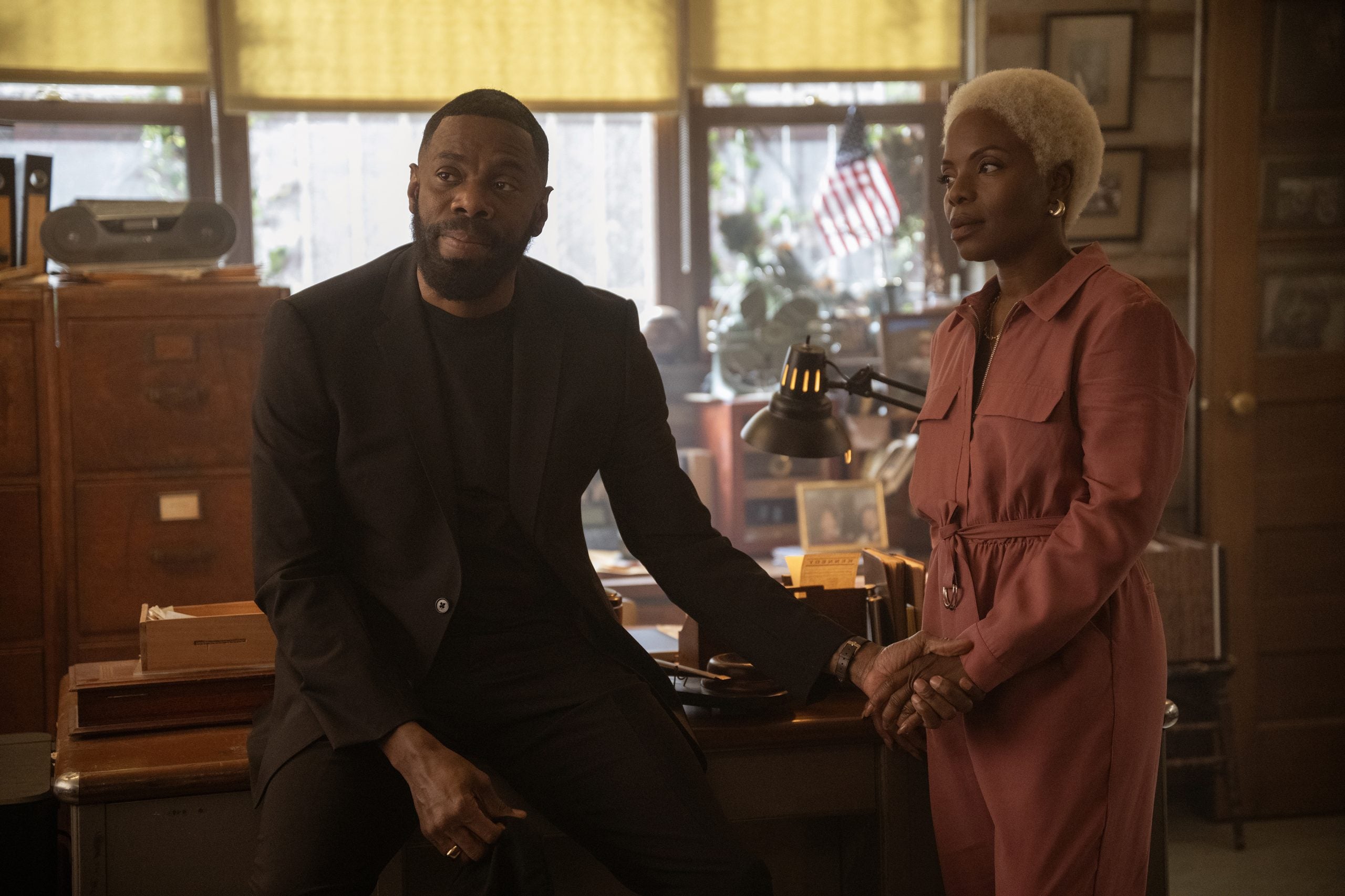
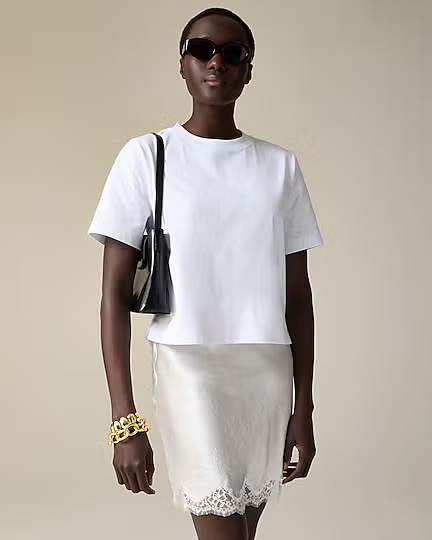






You could draw parallels between Muncie and Don Lemon or Van Jones. These Black commentators have been accused of selling out quite a few times. It’s a tough trail to walk. But Muncie still values his seat at these tables and how they bolster his newer venues for advocacy. And though he’s worn down by the taxing journey of proving his innocence, his clothes unraveling mirror what Plewes describes as the loss of dignity. Muncie also finds himself again and his clothing choices reflect that too. The timeless Sebastian Richard Espinosa suits, stolen Bad Brains tees, and New York City tourist clothes that had defined parts of his journey are now fused. “He ends up in sweatpants and more relaxed clothing, but they’re still designer,” Plewes shared in an email.
In a world where Black men across the social ladder are often told who they are and should be, it can feel suffocating. And dress is effective in helping them retain a sense of agency. Because if so many other things—narratives, assumptions, poorly constructed images—seem out of your control, your most powerful weapon is what you wear. This is all quadrupled for Muncie, who is, of course, accustomed to maintaining a certain image of himself, but also influencing how others see the world. His clothes point to the unique messiness of life for a man in his shoes, wearing his hats.
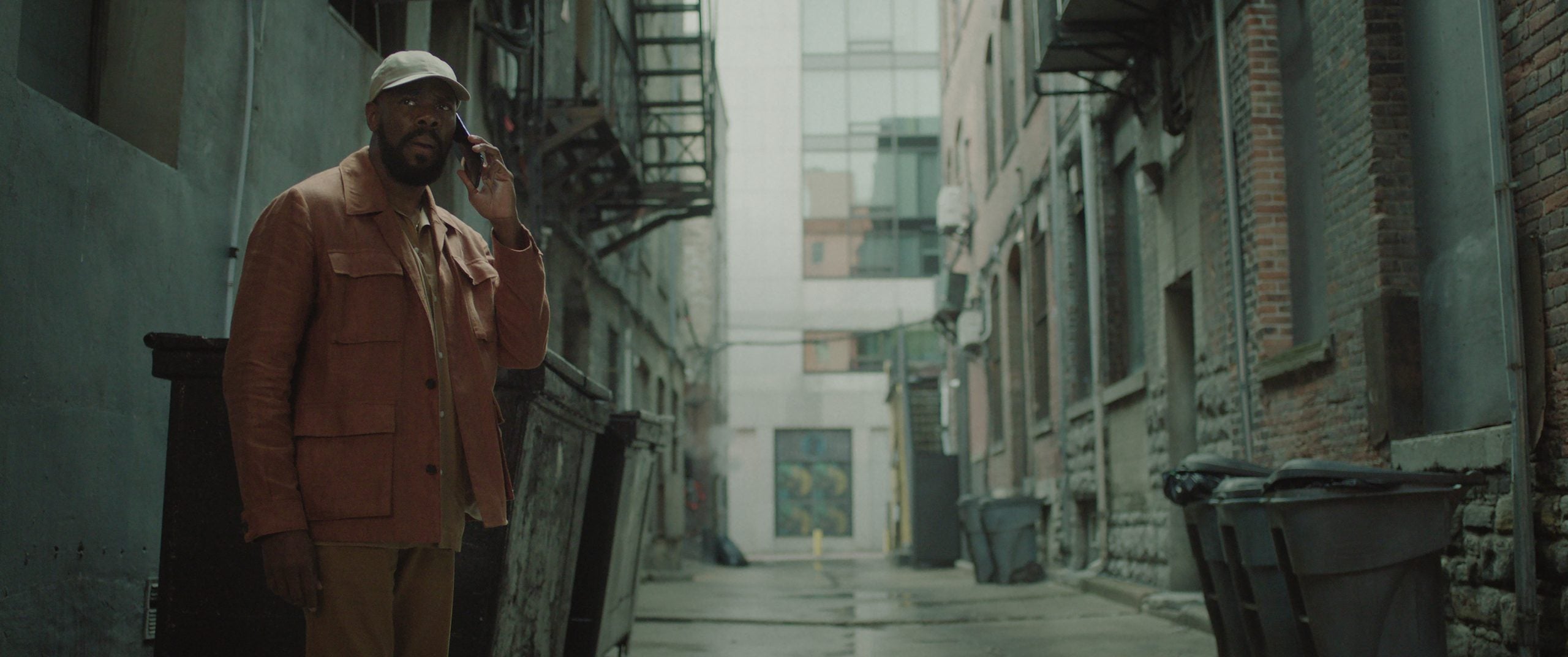
The Madness is ultimately about the chaos of society today, cluttered by a dizzying information age. Colman, who studied journalism at Temple University, seems perfect for this role. Not merely because of his superior oratorical pizazz but also his remarkable style. When I asked Plewes about the most challenging part of dressing Colman as Muncie, she shared the following: “making him look bad. The man is so elegant and there are moments where he needed to look down and out.” That’s a Black tale as old as time.


